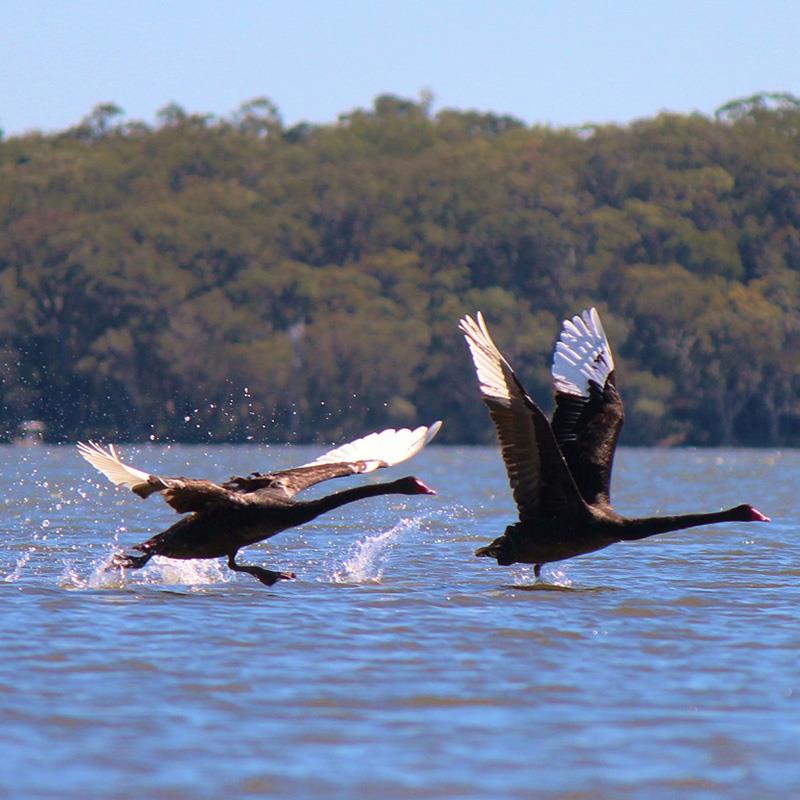The growth in population has a significant impact on the natural environment of the region
Our advocacy extends to climate-responsive and sustainable design principles in all projects, regardless of size, supported by our engagement in planning legislation reform. The process of urbanisation, coupled with its infrastructure, has significantly depleted vegetation, habitats, and diverse flora and fauna species. This degradation is especially prominent within the fragile ecosystems of wallum heathlands situated in coastal floodplains and lowlands. Through active contributions to the Sunshine Coast Planning Scheme and the SEQ Regional Plan, SCEC seeks to uphold ecologically responsible practices that safeguard the region's natural integrity.

FLOODPLAINS TO FORESTS
The Floodplains to Forests campaign aims to empower community leaders to safeguard floodplains and forests from urbanisation and related threats.
It seeks to capitalise on strategic opportunities to ensure the long-term protection of ecosystems and the region's distinctive biodiversity.
How can we make a difference?
As urban areas continue to grow, it becomes increasingly important to implement sustainable practices to ensure a balance between urban development and environmental conservation. Here are some strategies to achieve this goal:
-
Energy-Efficient Buildings
Implement stringent building codes that encourage energy-efficient design and construction methods. This includes using sustainable materials, better insulation, energy-efficient lighting, and renewable energy sources.
-
Waste Management
Develop effective waste management systems that promote recycling, composting, and waste reduction. Proper waste disposal prevents pollution and reduces the strain on landfills.
-
Renewable Energy Integration
Incorporate renewable energy sources like solar panels and wind turbines into urban infrastructure to reduce reliance on fossil fuels and decrease carbon emissions.
-
Green Spaces and Parks
Incorporate green spaces, parks, and urban gardens into city planning. These areas improve air quality, provide habitat for wildlife, and offer recreational spaces for residents.
-
Community Engagement
Involve residents and local communities in the urban planning process. Their input can lead to more sustainable and culturally appropriate solutions.
-
Zero-Waste Initiatives
Aim for zero-waste goals by promoting reduced consumption, reusable products, and circular economies.

